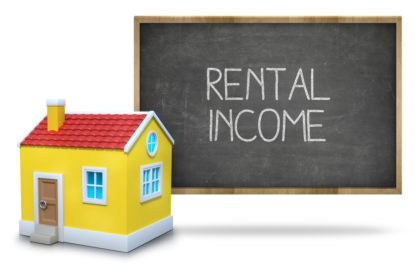 There are many important components to a good estate plan, and each estate plan will be unique to the person and family. One universal component, however, is that the estate plan must take into account all of the assets and liabilities of the person making the plan. While the estate plan will obviously take into account assets like the family home and investment accounts, it is also essential to remember some of the more unusual assets. Rental properties in particular deserve several different layers of consideration in an estate plan.
There are many important components to a good estate plan, and each estate plan will be unique to the person and family. One universal component, however, is that the estate plan must take into account all of the assets and liabilities of the person making the plan. While the estate plan will obviously take into account assets like the family home and investment accounts, it is also essential to remember some of the more unusual assets. Rental properties in particular deserve several different layers of consideration in an estate plan.
Every landlord knows that one aspect of renting out property is liability. Disgruntled or even injured tenants may attempt to sue. Without a proper estate plan, if the lawsuit is successful, the damages will come out of your personal assets, leaving less to be distributed to your friends and family after you are gone. An important estate planning step is to insulate your personal assets from business liability, such as getting sued by a tenant. One way to achieve this is to create a separate business entity, such as a Limited Liability Company, or “LLC.” Having the proper business structure can make sure that only the assets of the business, i.e. the rental property itself and other business assets, can be recovered against if a tenant successfully sues you.
Another step would be making sure the rental property is properly deeded. There are several nuances to make sure that LLC or other business structure will adequately protect your personal assets. Deeding the property over to the LLC will help make sure that your personal estate is as insulated as possible. You also need to understand that the business bank accounts and assets need to be kept strictly separate from your personal accounts. Failure to maintain this separation could result in your personal assets being seized after a lawsuit.
Living trusts can also be a good estate planning tool. Having the property as part of a living trust can allow the property and the business to quickly pass to your chosen beneficiary outside of probate. The tenants can also pay their rent direct to the living trust.
We have extensive experience with helping clients in planning their estates to maximize future safety and stability. Call us today at (320) 299-4249 for a consultation.































